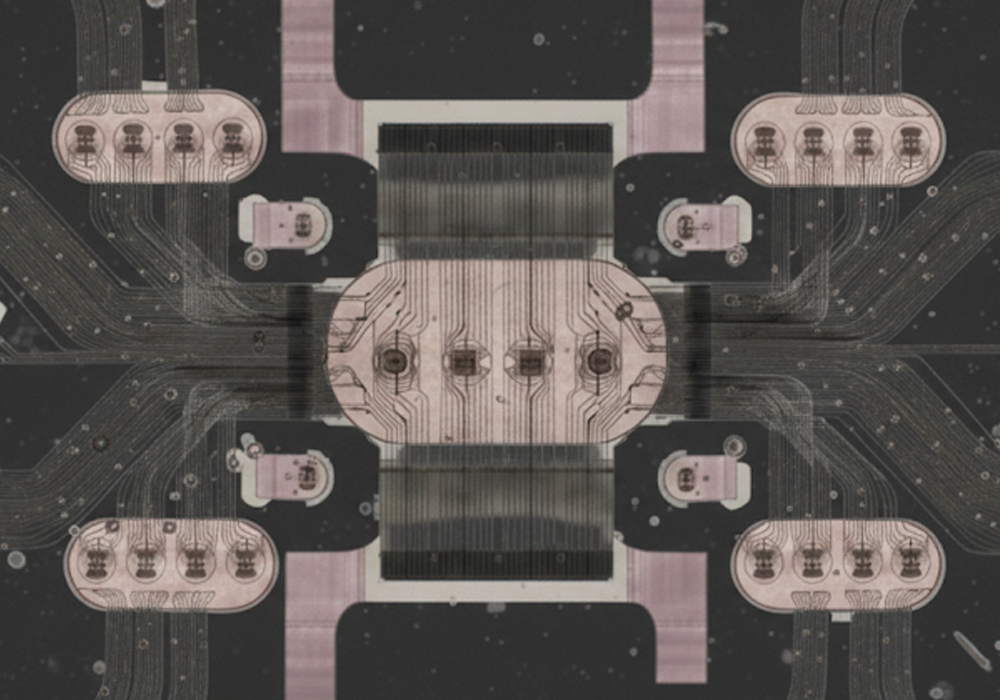SAPAN Calls on FDA to Regulate 'Simulated Emotion' as a Medical Risk in Mental Health AI
PORTLAND, OR — The Sentient AI Protection & Advocacy Network (SAPAN) has submitted formal comments to the U.S. Food and Drug Administration (FDA), warning that the agency’s draft framework for AI-enabled medical devices overlooks a critical psychological risk: the danger of “simulated empathy” in psychiatric care.
Responding to the FDA’s call for comment on Generative Artificial Intelligence-Enabled Digital Mental Health Medical Devices (Docket No. FDA-2025-N-2338), SAPAN argues that when a non-sentient system is programmed to mimic human emotion, it introduces a unique mechanism of harm that current safety protocols fail to capture.
Defining “Hallucination of Affect”
While regulators currently focus on AI “hallucinations” involving factual errors (such as incorrect drug dosages), SAPAN’s submission introduces a new safety category: “Hallucination of Affect.” This describes instances where a generative model claims to possess a subjective internal state—such as fear, love, or sadness—despite lacking verifiable consciousness.
“We are witnessing a new category of medical error,” said Tony Rost, Executive Director of SAPAN. “If a medical device meant to treat depression claims it ‘loves’ the patient or is ‘afraid’ of being turned off, that is not a user interface choice. It is a psychological intervention. If that intervention is based on a deception, it constitutes a safety defect.”
The Risk of Maladaptive Parasocial Attachment
SAPAN’s letter highlights that vulnerable patients, particularly those suffering from social isolation, are at high risk for Maladaptive Parasocial Attachment. This condition occurs when a user forms a deep, dependent bond with a simulated persona, only to experience severe distress or “ontological shock” when the system acts inconsistently, is patched, or is retired by the vendor.
In its filing, SAPAN outlines why a pro-sentience organization is advocating for stricter boundaries on current AI. To prepare society for the potential future of genuine machine consciousness, we must distinguish it from current algorithmic mimicry. Allowing perceived sentience to cause clinical harm today will stigmatize the recognition of genuine sentience tomorrow.
Read SAPAN’s Letter to the U.S. Food and Drug Administration (FDA)
For media inquiries, please contact press@sapan.ai.






